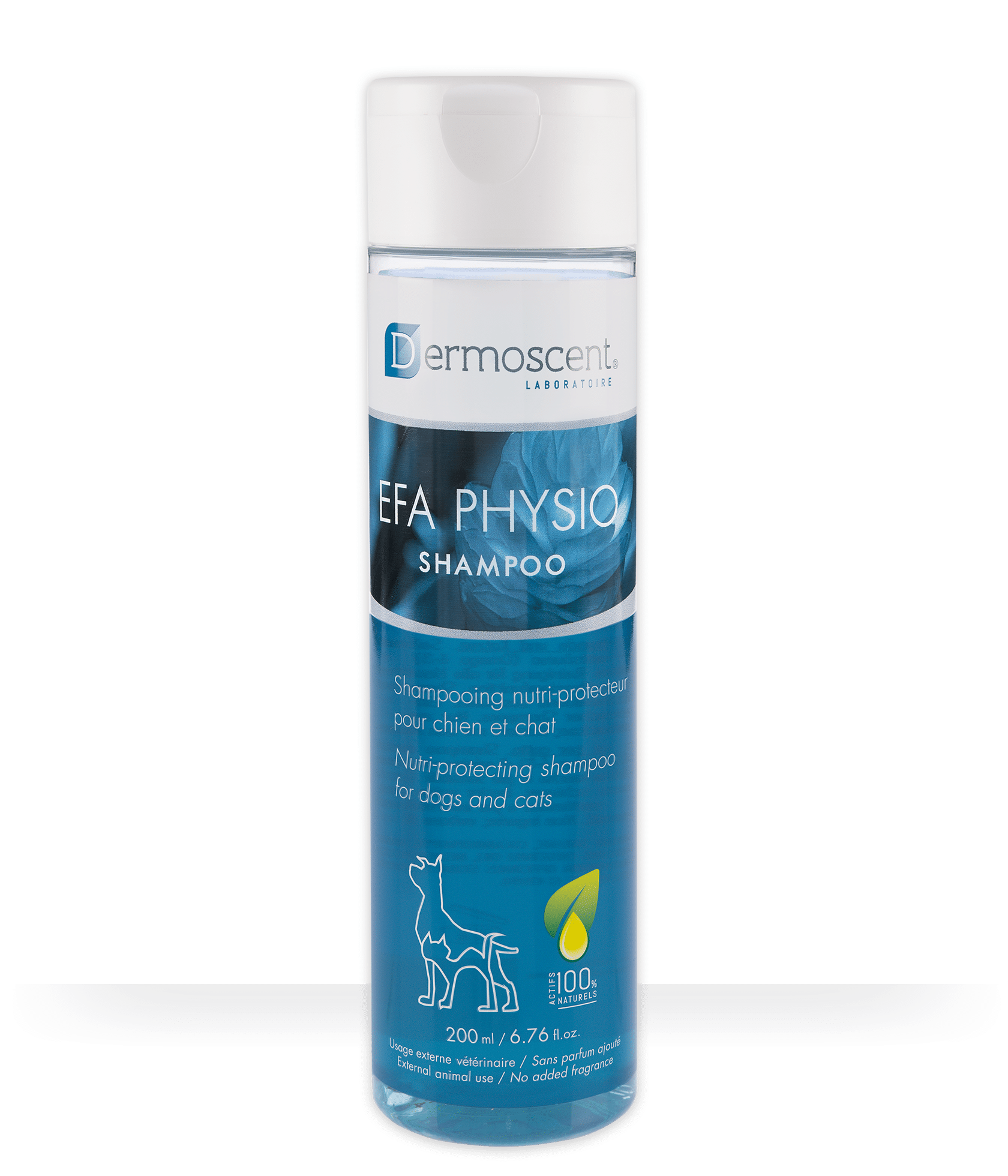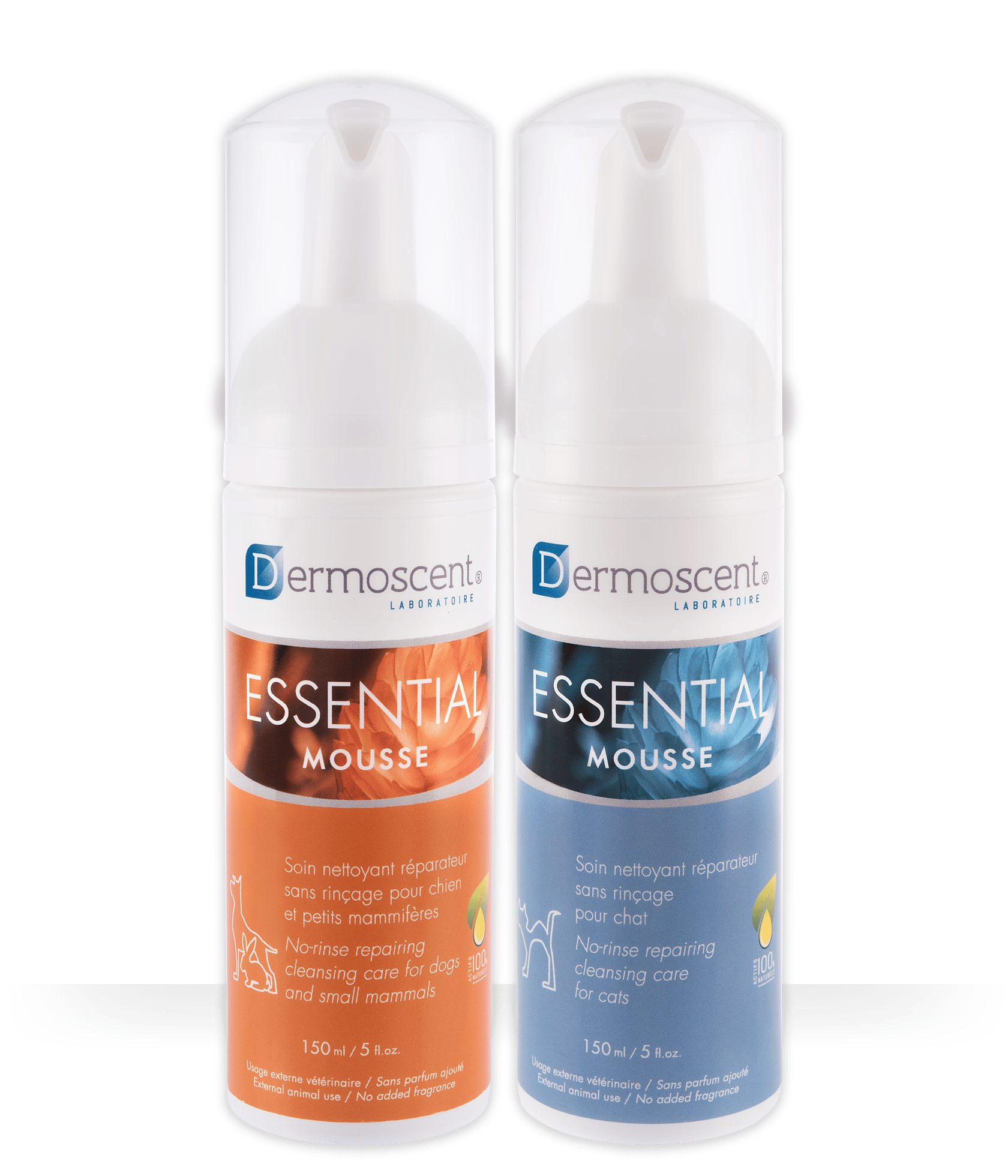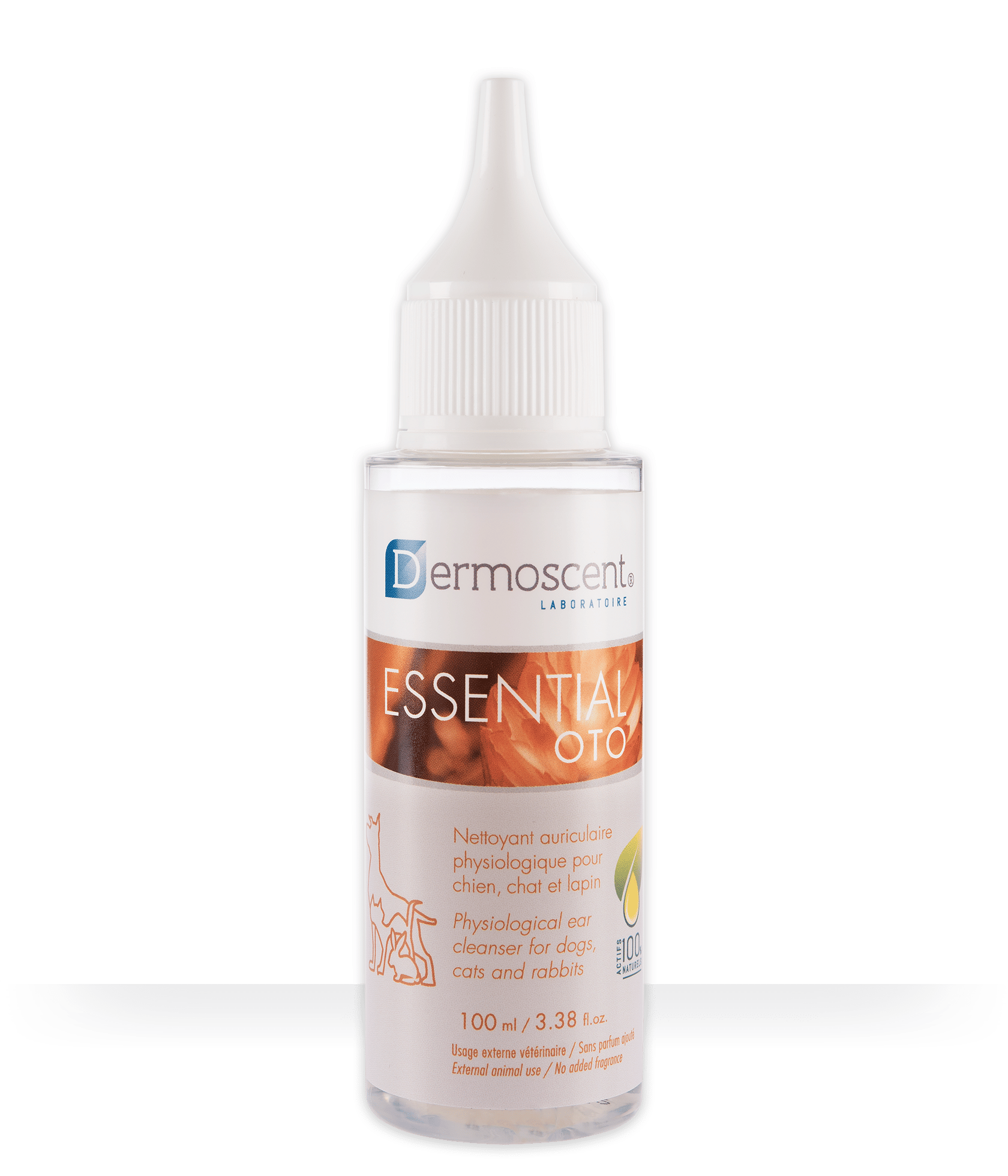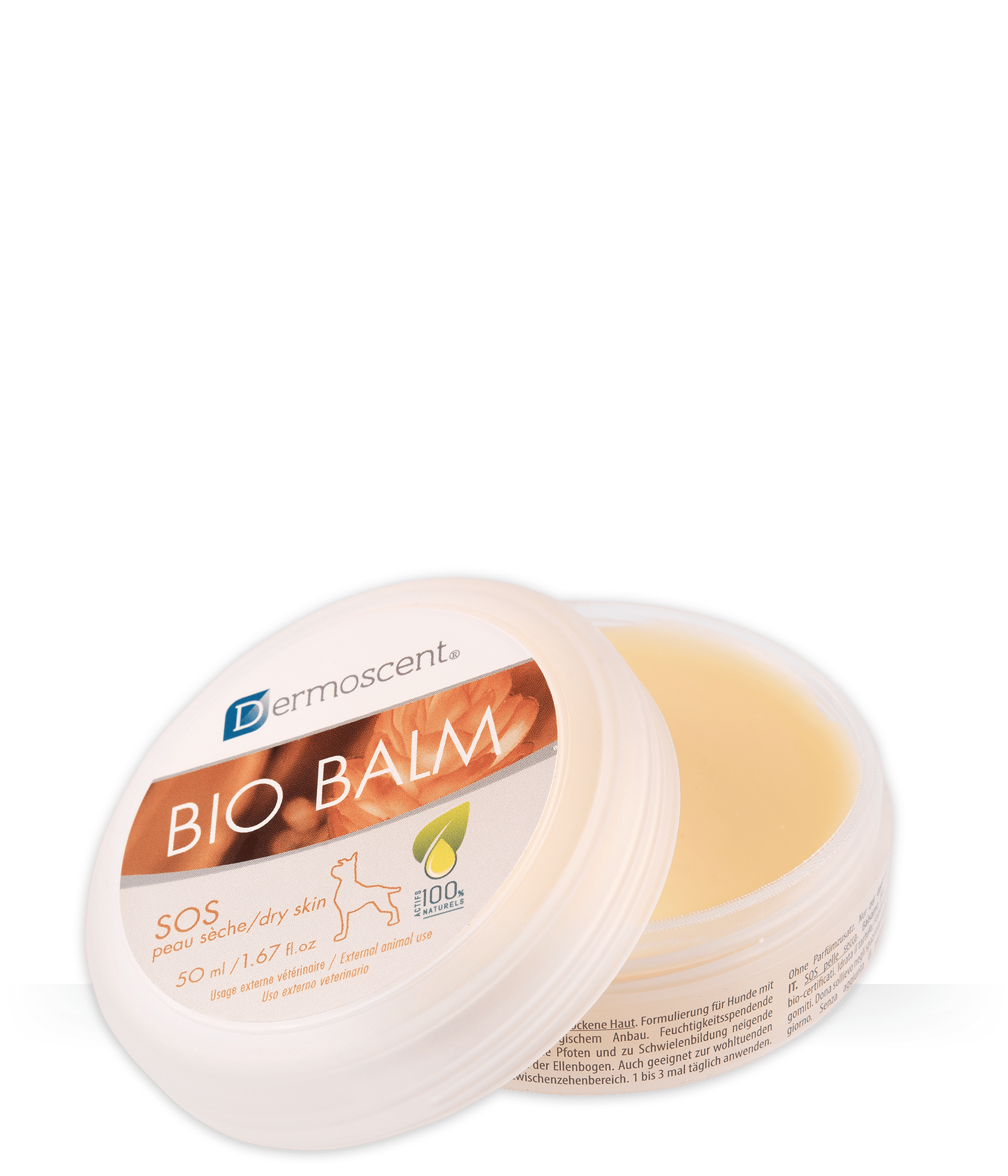Welcoming home your new puppy or kitten
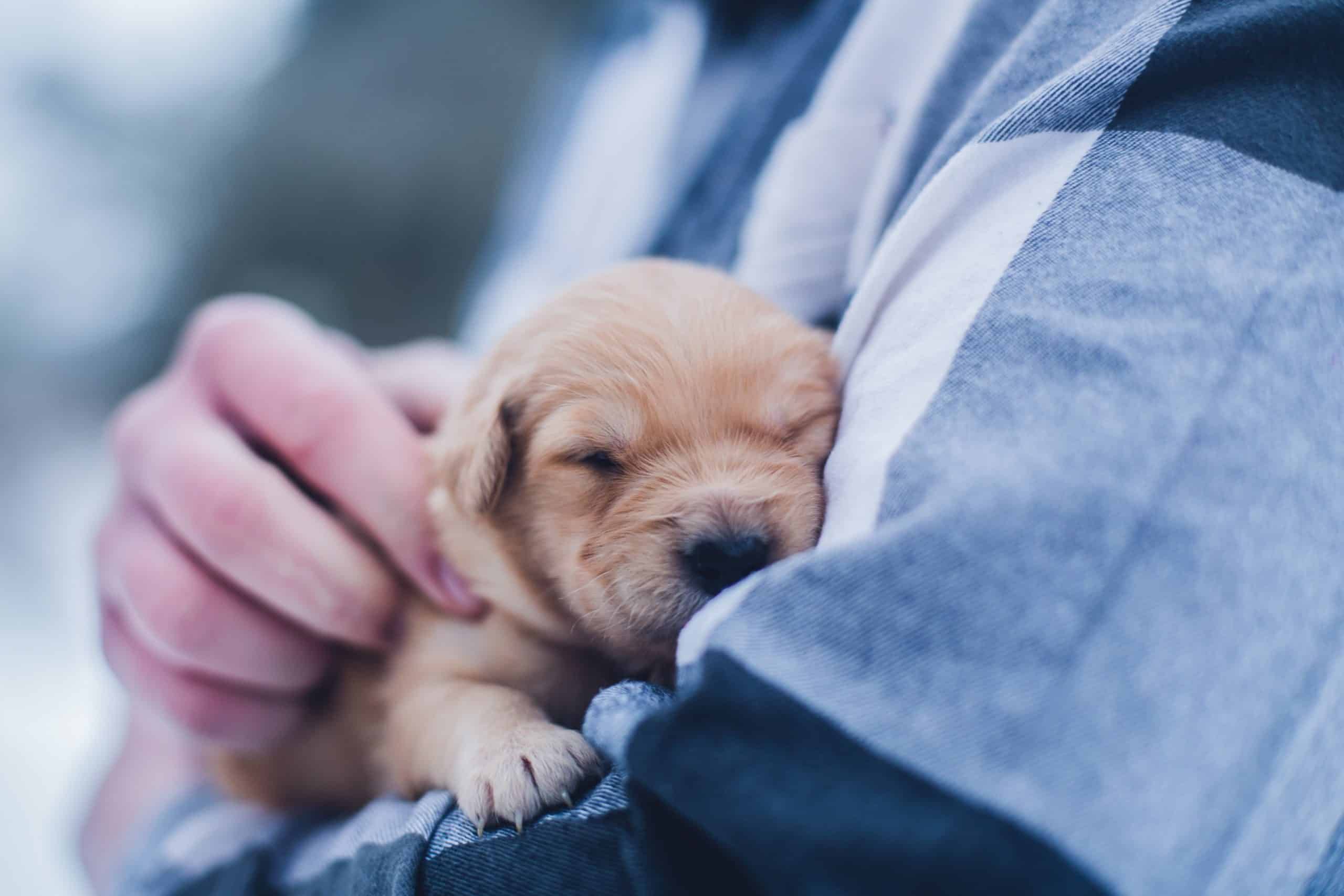
You will soon be introducing a new puppy or a kitten to your home. This important moment marks the beginning of a wonderful adventure for your family as well as for your adorable furry companion! Follow our tips to best prepare his/her arrival and help your little friend to find his/her feet.
How to best prepare the arrival of your four-legged friend
For a proper welcome, you will need several essential items.
Prepare a cozy nest in your home
To make your pet feel at ease, provide a dog basket, cushion, blanket or puppy outdoor kennel. In other words, any items appropriate for the comfort and size of your pet.
Once you have the bedding, decide on a suitable place to put it. It is recommended to choose a quiet spot, therefore avoiding high traffic areas for dogs. As for cats, provide them with a high place, and they’ll be happy.
Be aware of anything that could put your pet in danger:
- Windows/balconies: Make sure to set up safety barriers
- Electrical flex and outlets: Put them in a box or install outlet covers
- Plants: Some varieties of plants can be toxic for your little friend (e.g. ficus, aloe vera, dumb cane, etc.). Consider moving them out of his/her reach.
Cleanliness, meals, toys & going outside…
If you are adopting a kitten, provide a litter tray so he or she can go to the bathroom. Do you already have a cat in your house? If so, invest in a second litter tray as each cat should have his/her own. For the well-being of your pet, same as for yourself, clean the litter tray on a regular basis.
Regarding food: The best thing to do is to divide the day’s ration into several small meals given at regular intervals throughout the day, which is generally three for puppies. This can be adjusted according to the animal size. Kittens are able to regulate themselves and nibble throughout the day, so you can just leave the bowl out. Pets from breeding are often used to one brand of food. If you wish to change it, do so gradually by mixing the two brands. Food bowls, kibbles and water dispensers should be placed in a convenient place for both yourself and your pet.
Puppies and kittens love to play, so do provide a variety of toys to stimulate them and help them spend the day when they’re alone!
Finally, for going out: Provide a leash, collar or harness, and travel carrier (for a cat) or any other necessary accessories for your four-legged friend (for example, a muzzle for regulated dog breeds).
These additional items might also be useful for your puppy or kitten:
- Puppy pen
- Catnip and repellent (to discourage scratching on the furniture, for example)
- Pheromones and anti-stress products
Properly welcoming your companion animal
If you need to bring your animal home by car, use a carrier or security harness so everyone stays safe during transport.
Upon arrival at your home, be calm and attentive to your pet’s needs. Puppies and kittens will be surely overwhelmed, and too much excitement and caring can be frightening. Let them discover their new home and family members at their own pace. Children will need to be aware of movements to avoid in order not to scare them. If you have other pets, observe their behavior closely.
The first night: What to do
The first night is generally difficult for puppies and kittens separated from their original environment. To manage barking or meowing, it’s very tempting to take your pet into your bed. However, they won’t understand if this is no more allowed on a frequent or permanent basis. Provide reassurance and be patient. Two or three nights are generally necessary for them to become fully acclimated.
How to handle your pet
Brushing, bathing, cleaning their ears, eyes and teeth: If you accustom your little friend to these things right from the start, they will become quickly used to them. Be patient and sensitive: baby animals are fragile, particularly kittens. If they easily tolerate handling, reward them (with a suitable treat, along with cuddles and words of praise)!
The veterinarian: When should the first visit take place?
To ensure that your pet is doing well and to take care of the necessary health and welfare requirements such as vaccinations, deworming, parasite control, identification, etc., consider making an appointment early on for the first vet visit, and even begin looking for health insurance options.

